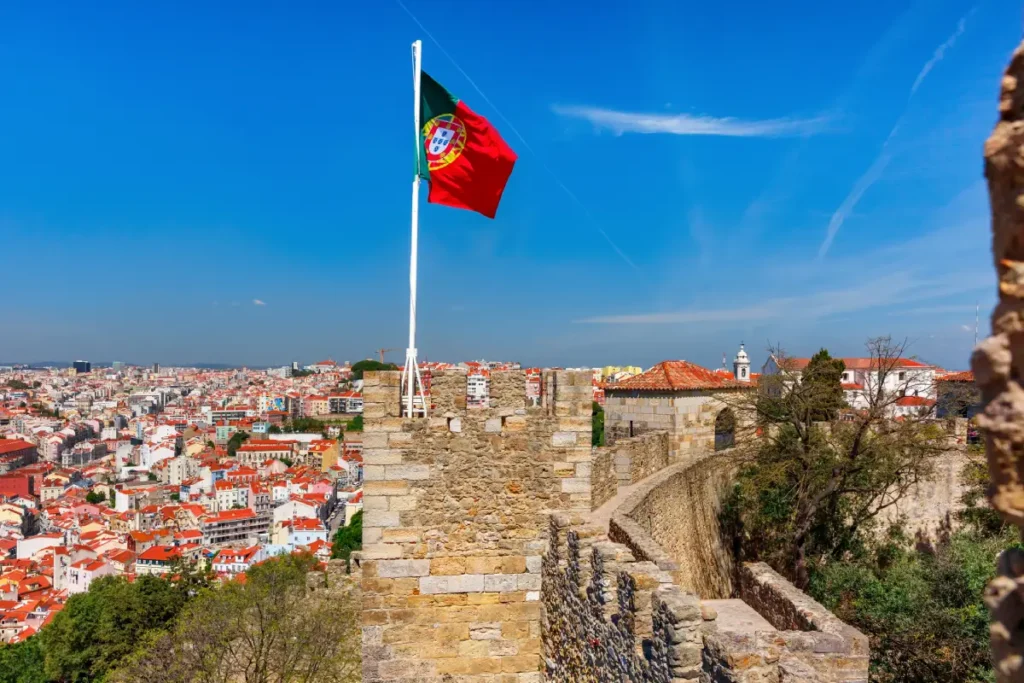Citizenship by ancestry programs offer a unique opportunity for individuals to claim citizenship based on their familial lineage. This process, often referred to as citizenship by descent, allows people to obtain citizenship from countries their ancestors hailed from, regardless of where they were born. With over 50 countries offering such programs such as France, Portugal, Italy and more, understanding the eligibility criteria, application processes, and benefits can significantly enhance your global mobility and lifestyle options.
What is Citizenship by Ancestry?
Citizenship by ancestry also called citizenship by descent, is a legal mechanism that enables individuals to acquire citizenship through their bloodline. This program is particularly appealing for those with ancestral ties to countries that allow citizenship claims through parents, grandparents, or even more distant relatives. The principle behind this is known as jus sanguinis, or “right of blood,” which contrasts with jus soli, or “right of soil,” where citizenship is granted based on birthplace.
What are the challenges of the citizenship by ancestry programs
One of the primary challenges applicants face is deciphering the complex eligibility criteria set forth by each country. The requirements to obtain your ancestral passport can vary widely, ranging from the number of generations allowed to the timeframe for claiming your birthright citizenship and the need to establish continuous contact with the country. Our law firm specializes in understanding these intricacies. We will thoroughly review your family history and lineage, determining your eligibility based on the specific requirements of the country you are targeting. With our expertise, you can gain a clear understanding of your eligibility and confidently move forward with your application.
The required documents to be eligible for citizenship by ancestry?
Gathering the necessary documents to prove your lineage and eligibility can be a formidable task. Applicants often encounter difficulties when documents are scattered across different countries or when the required records are missing. Once you have the required documents, the documents may need to be apostilled or legalized, depending on the country’s requirements.
Our law firm understands how crucial it is to collect documents carefully. We will guide you through the citizenship by ancestry programs process, ensuring you have all the necessary documents ready. Our team will help you obtain any missing or hard-to-find records, reducing the stress and frustration often associated with this challenging task.
Citizenship by Ancestry Qualification Test
Citizenship by ancestry programs laws and regulations
Citizenship by ancestry programs laws and regulations are not set in stone and can evolve over time. What may have been a straightforward application birthright citizenship process for previous generations could become more complex due to changes in legislation, jurisprudence, or policy. Applicants must stay updated and adapt their application strategy accordingly. Our law firm dedicates itself to staying informed about the latest changes in citizenship laws. We will ensure that your application aligns with the current requirements, maximizing your chances of success and minimizing any potential setbacks caused by evolving legislation.
Languages and translation barrier
Language and translation issues can add another layer of difficulty to the citizenship by ancestry application process. Some countries mandate submitting documents in their official language or translating them into the local language. This can pose a challenge if you are not fluent in the required language or if finding a certified translator proves difficult or expensive. Our law firm understands these obstacles and will assist you in navigating language and translation requirements. We will help you find reliable translators or provide translation services ourselves, ensuring that your application is submitted accurately and in compliance with the language requirements.
Securing your Citizenship
In summary, applying for citizenship by ancestry programs is a significant endeavor with its share of challenges. However, with the support of Harvey Law Group, you can overcome these hurdles and streamline your path to claiming your rightful citizenship. From unraveling complex eligibility criteria to navigating document collection, adapting to changing legislation, and overcoming language and translation barriers, our team of experts guides you every step of the way. Trust us to provide the knowledge, experience, and personalized support you need to overcome challenges and transform your dream of obtaining citizenship by ancestry into reality.
if you are considering for any of the existing citizenship by ancestry programs, please contact us by email at contact@harveylawcorporation.com or fill up the form in the article for more information.
With over 30 years of experience, Harvey Law Group is a leading international immigration law firm specialised in Citizenship and Residency by Investment programs, operating in over 20 offices worldwide.












